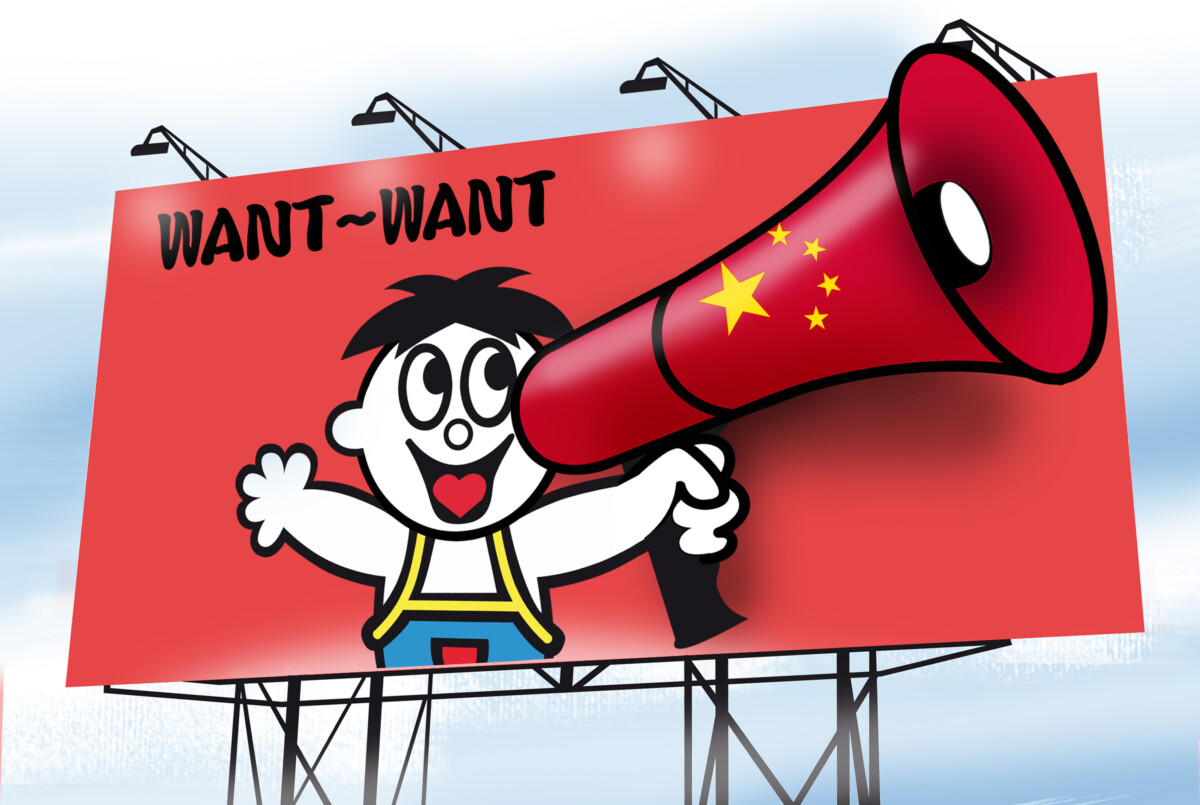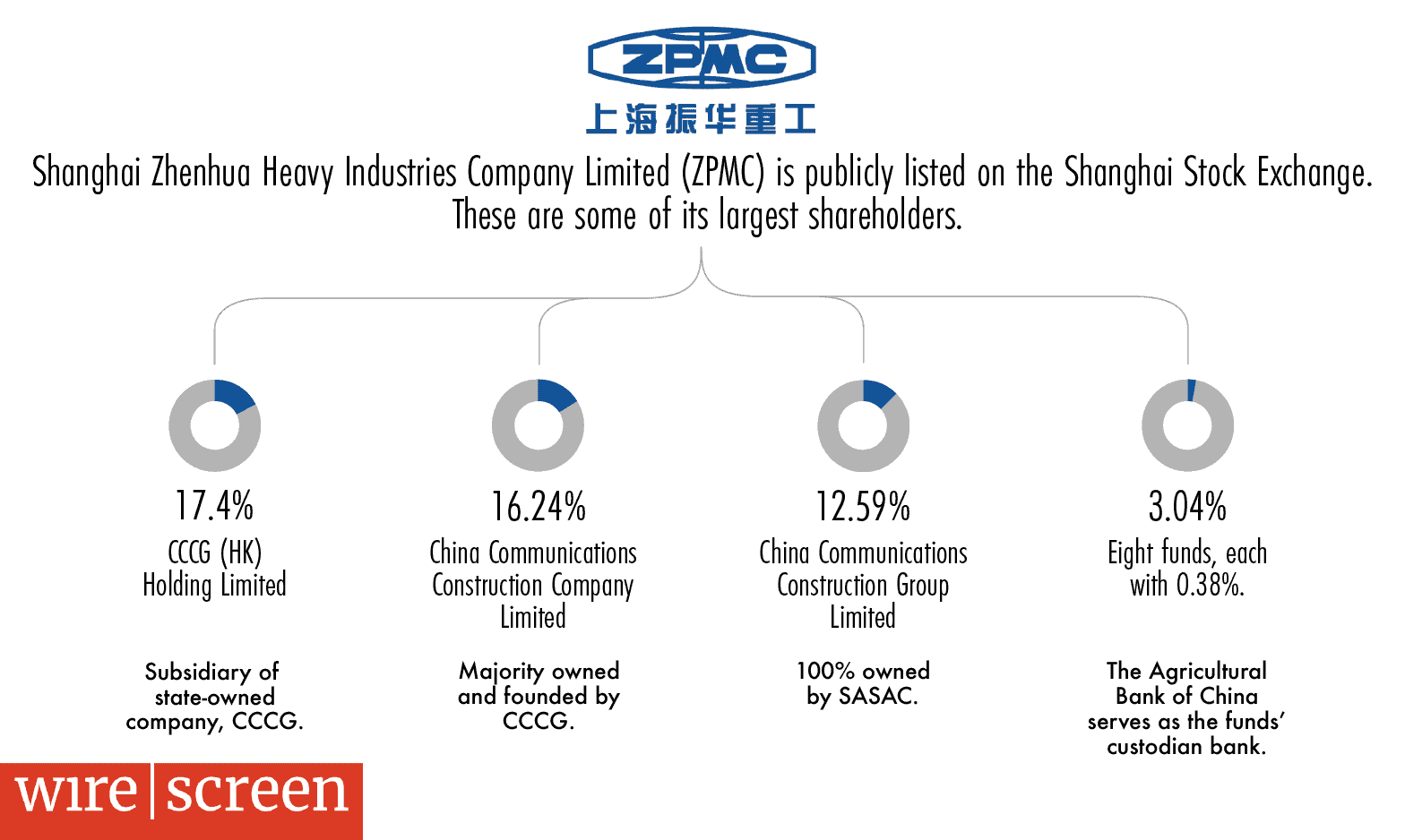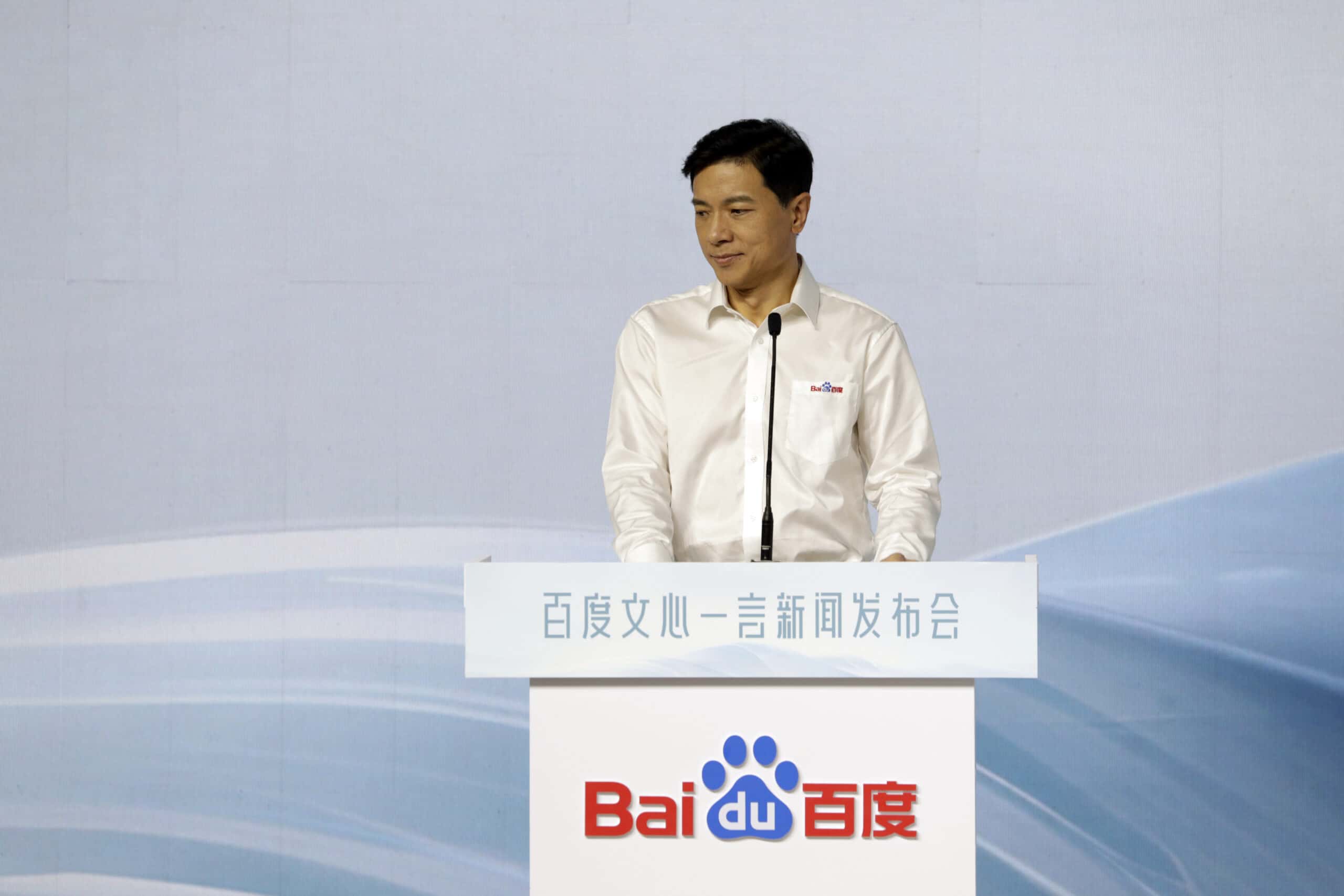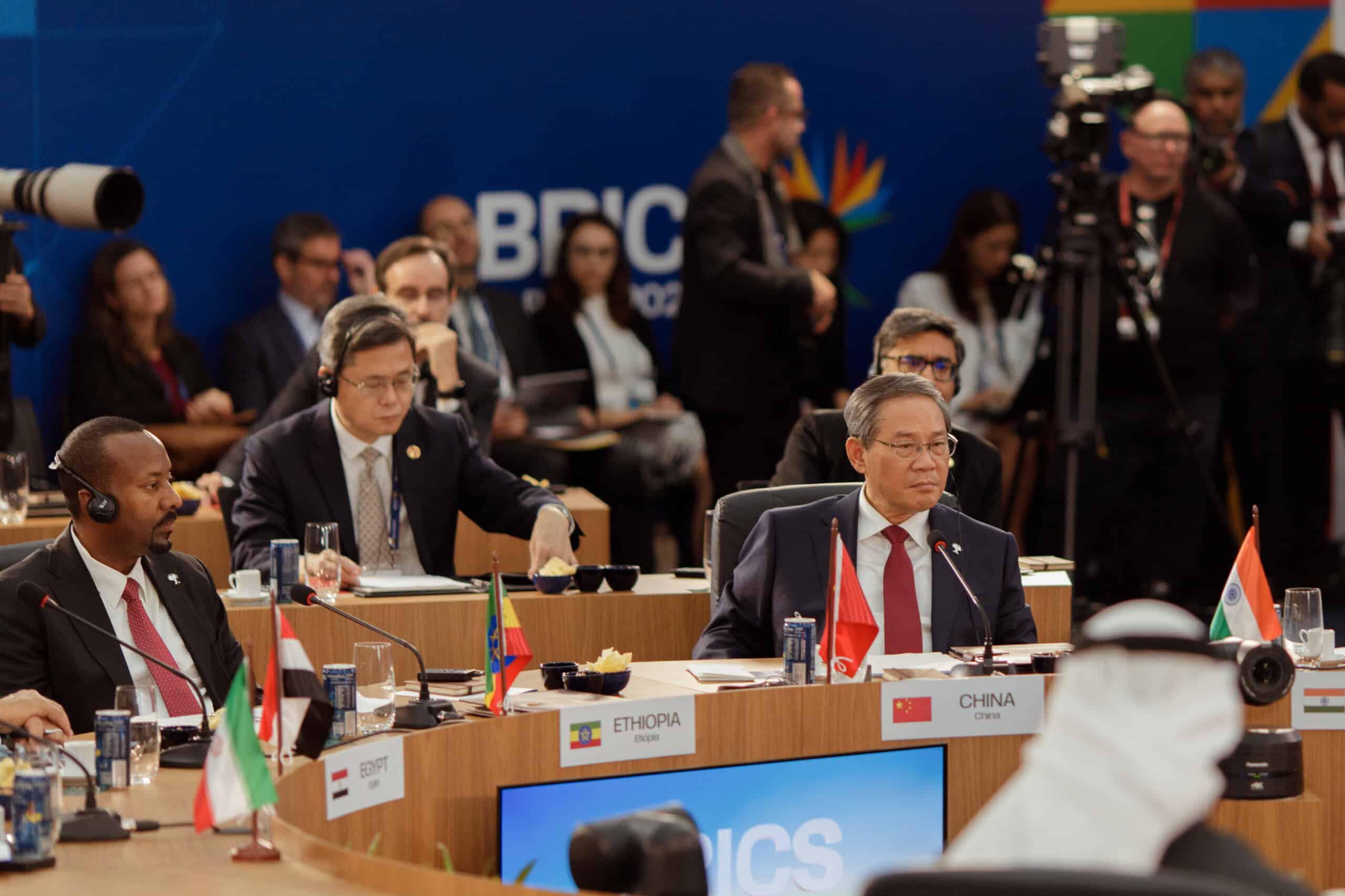Good evening. Tsai Eng-meng is something akin to Taiwan’s Roger Ailes, coming under fire in the past for using his media empire to unfairly influence the political debate in Asia’s freest democracy. Now, with Taiwan gearing up for a critical presidential election, the stakes have been raised. Our cover story this week looks at Tsai, his Want Want media group, and the tricky political environment in Taiwan. Elsewhere, we have infographics on ZPMC and its cranes; an interview with Shannon O’Neil on the globalization myth; a reported piece on how China’s censorship could drag down its chatbot efforts; and an op-ed from Stephen Roach about how China benefits from another U.S. banking crisis. If you’re not already a paid subscriber to The Wire, please sign up here.
Want this emailed directly to your inbox? Sign up to receive our free newsletter.

‘The Plan to Destroy Taiwan’
Why is one of Taiwan’s largest media groups — Want Want China Times Media Group — spreading anti-U.S. rhetoric? Largely because its billionaire owner, Tsai Eng-meng, is known to sympathize with the Chinese Communist Party and favors unification with the mainland. Now, with Taiwan gearing up for a critical presidential election, Want Want’s efforts are picking up and helping to normalize CCP talking points. Chris Horton reports.

The Big Picture: China’s Crane Reign
U.S. defense officials are reportedly growing concerned that ZPMC cranes may act as a “Trojan horse” for Chinese state espionage efforts. This week’s infographics by Grady McGregor look at ZPMC: how it came to dominate ports around the world; its role in Chinese foreign policy; and the consequences of its links to the Chinese state.
A Q&A with Shannon O’Neil

Shannon K. O’Neil is a vice president at the Council on Foreign Relations and an expert in global trade. Her new book, The Globalization Myth: Why Regions Matter, argues that the emergence of three major economic blocs in North America, Asia and Europe, has been more important to the world economy’s recent development than globalization. In this week’s Q&A with Andrew Peaple, she talks about her book; why China’s rise is linked to Asia’s regionalization; and why international supply chains are efficient and resilient.
Shannon O’Neil
Illustration by Kate Copeland

The Censorship Drag
Baidu’s AI chatbot still isn’t fully available for public testing, and, as Eliot Chen reports this week, part of the reason may be Beijing’s apprehension about the technology. Given the CCP’s grip on information, can China’s AI companies build a chatbot to rival ChatGPT?

How China Benefits from Another U.S. Banking Crisis
Today, we are witnessing a potentially lethal interplay between two sources of tension: a financial crisis, reflected in the failure of Silicon Valley Bank, and a geostrategic crisis, reflected in the deepening cold war between the United States and China. The outcome, argues Stephen Roach, is likely to be greater than the sum of the parts.
Subscribe today for unlimited access, starting at only $19 a month.



